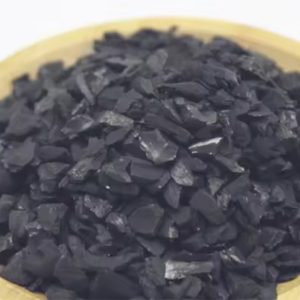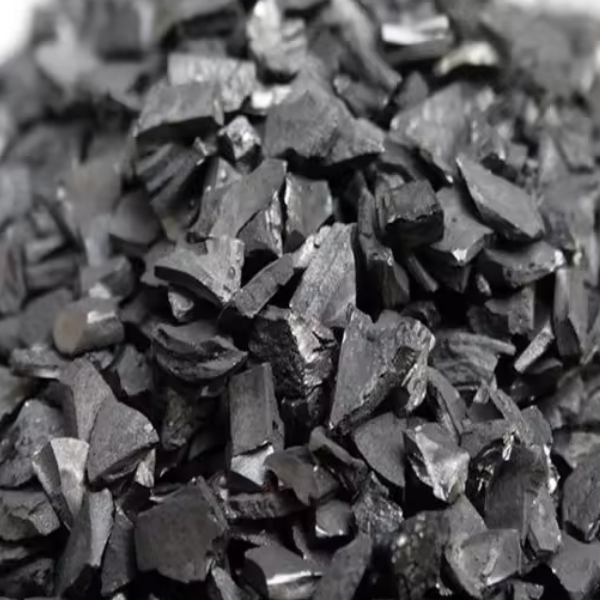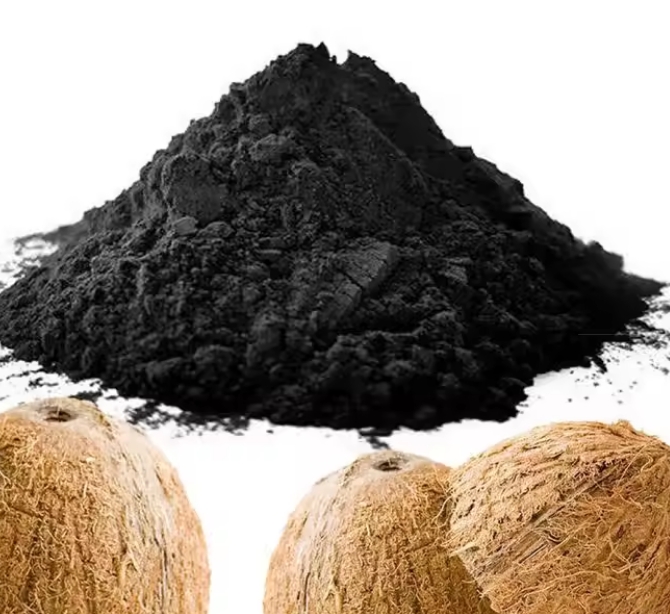Coconut shell activated carbon is highly regarded for drinking water purification due to several key advantages:

- High Adsorption Capacity
Coconut shell activated carbon has a large surface area and a highly porous structure, which makes it highly effective at adsorbing impurities, including chlorine, volatile organic compounds (VOCs), and organic contaminants from water. Its microporous nature is particularly effective for targeting small molecules.
- Renewable and Sustainable
Coconut shells are a renewable resource, making the production of this type of activated carbon environmentally friendly. Utilizing coconut shells, a by-product of the coconut industry, reduces waste and promotes sustainable practices.
- Better Purification Efficiency
Compared to other activated carbon sources (such as coal or wood), coconut shell carbon tends to have a higher density of micropores. These pores are ideal for trapping small contaminants, which makes coconut shell carbon more efficient for filtering certain impurities, particularly in drinking water applications.
- Chemical-Free Filtration
Coconut shell activated carbon filters water through physical adsorption rather than adding chemicals, which is essential for maintaining the purity of drinking water and avoiding any unwanted chemical residues.
- Improved Taste and Odor Removal
The material effectively removes unpleasant tastes and odors, such as chlorine, which can often affect drinking water. It is widely used in water filters for improving the flavor of the water.
- Long Lifespan
Coconut shell activated carbon is highly durable and resistant to attrition, which means filters made from it have a longer lifespan compared to other types of activated carbon.
- Low Ash Content
Coconut shell activated carbon typically has a lower ash content than coal-based alternatives. This leads to fewer impurities in the final product and a cleaner filtration process, improving water purity.
In summary, coconut shell activated carbon is preferred for drinking water purification because of its superior adsorption properties, sustainability, natural filtration, and ability to enhance water taste and odor.



